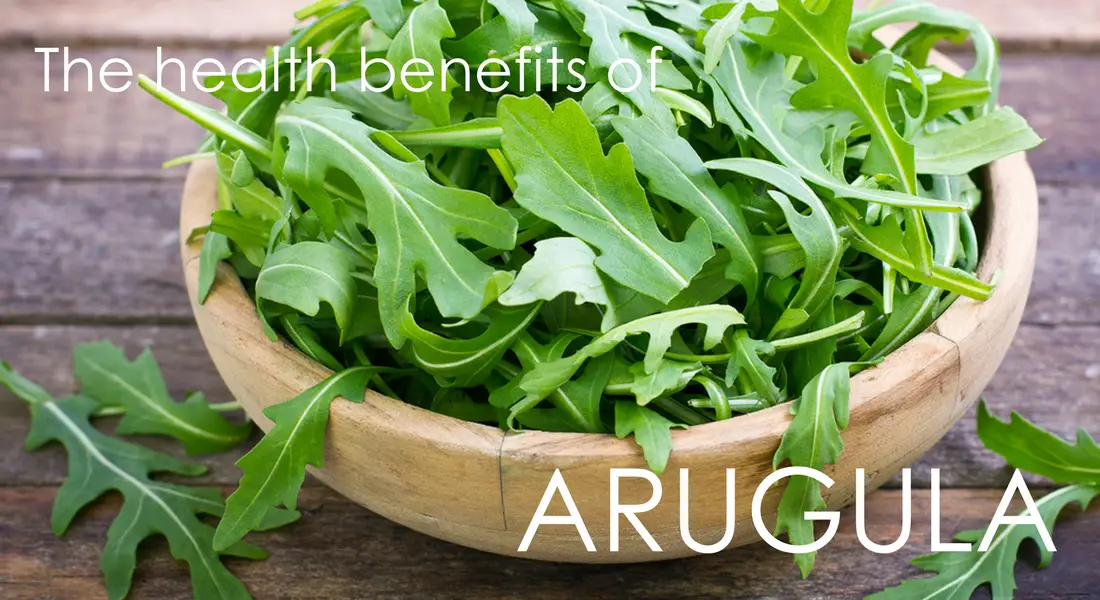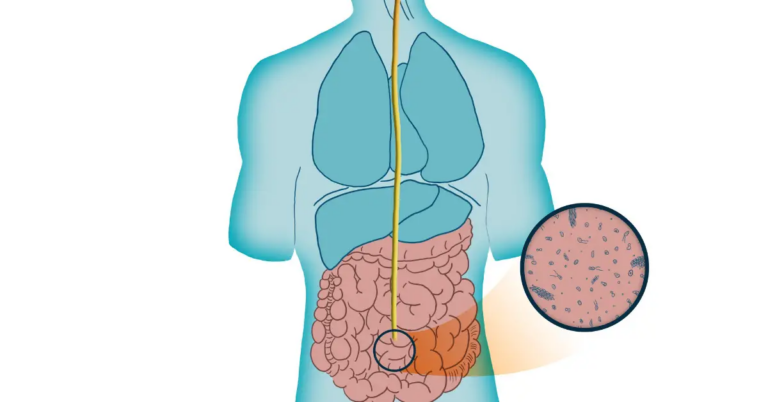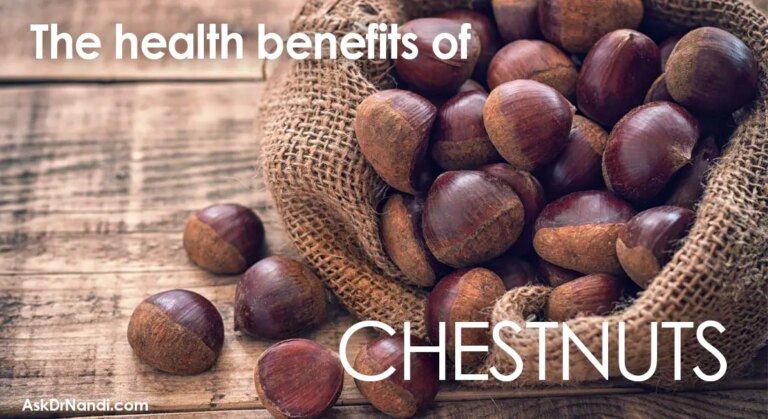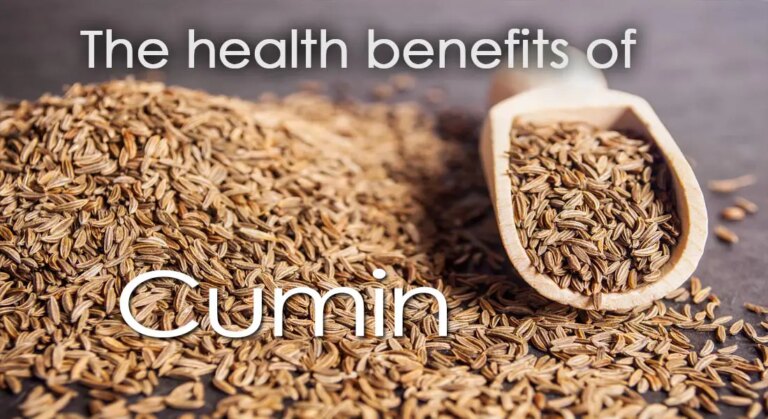Arugula is closely related to radishes, kale, and cauliflower. Arugula can be found worldwide and belongs to the family Brassicaceae. Other names for arugula are garden rocket, rucola, roquette and colewort.
Nutrition Facts
Brassica vegetables have been linked to a reduced risk of chronic illnesses in numerous studies. Cruciferous veggies are thought to reduce the incidence of obesity, diabetes, neurodegenerative diseases, and heart disease.
What’s better is that arugula nutrition is simple to double up your intake. According to the USDA, a half cup (about 10 grams) of raw arugula has:
- 2.5 calories
- 0.4 grams of carbohydrates
- 0.3 grams of protein
- 0.1 grams of fat
- 0.2 grams of fiber
- 10.9 micrograms of vitamin K (14 percent DV)
- 237 international units of vitamin A (5 percent DV)
- 1.5 milligrams of vitamin C (2 percent DV)
- 9.7 micrograms folate (2 percent DV)
- 16 milligrams calcium (2 percent DV)
Furthermore, this type of lettuce contains various minerals such as iron, magnesium, and potassium.
Health Benefits of Arugula
Below are some of the amazing health benefits of arugula.
Arugula Reduces Cancer Risk
Arugula contains phytochemicals that are known to have the ability to counter cancer-causing tendencies in the body’s processes. These phytochemicals are substances like thiocyanates, sulforaphane, and indoles. Research has shown that eating arugula help reduces cancer risk such as prostate, breast, cervical, ovarian, and colon cancers. Researchers believe that these phytochemicals inhibit the activity of those cancer-causing cells.
Arugula Improves Eye Health
Arugula contains a high amount of carotenoids. Carotenoids are naturally occurring pigment that improves eye health to improve a person’s ability to see properly. Research has found that carotenoids slow down the process of macular degeneration. Studies have found that eating arugula may be one way to slow down the classic symptoms of old age regarding eye health.
Arugula is Good For Your Blood Pressure
Arugula contains calcium, magnesium, and potassium, which play an essential role in helping your blood vessels relax. Relaxed blood vessels help with healthy blood pressure levels. Arugula contains 6% of the daily recommended amount for calcium and 5% of the recommended daily value for magnesium. A whole serving of arugula contains roughly 3% of the recommended daily value of potassium.
Arugula May Help You Lose Weight
Research has found that arugula is an excellent choice for those trying to lose weight or keep weight off. Arugula contains chlorophyll which is known to reduce hunger naturally in humans. If you need to add more fiber to your diet, start eating more arugula. The fiber in this leafy green vegetable will keep you feeling full longer and is known to act as a hunger suppressant.
Arugula Promotes Bone Health
Arugula contains calcium which is the primary building block for our body. Still, it also contains vitamin K. Vitamin K is similar to a glue that deposits and binds calcium together. Research has found that this helps to reduce bone loss and deterioration. Studies have found that people who have osteoporosis and arthritis can slow down the rate of worsening of conditions by eating more arugula.
Arugula Supplies the Body with Important Vitamins and Minerals
Arugula has folate, a B vitamin that aids in preventing neural tube defects and reducing homocysteine accumulation in unborn babies.
It’s also an excellent method to get manganese while avoiding calcium deficiency. Compared to spinach nutrition, arugula has less mineral-blocking oxalates but more calcium. As a result, fewer calcium ions are prevented from permeating the body by this means.
Try These Delicious and Healthy Arugula Recipes
 |
Fish Tacos |
 |
Dr. Nandi’s Fall Salad Surprise |
References:
- Arugula: Health benefits, facts, and research (medicalnewstoday.com)
- Health Benefits of Arugula | U.S. News (usnews.com)
- Cruciferous Vegetables and Cancer Prevention – NCI
- Phenethyl isothiocyanate: a comprehensive review of anti-cancer mechanisms – PubMed (nih.gov)
- Eruca sativa seed extract: A novel natural product able to counteract neuroinflammation – PMC (nih.gov)
- The role of carotenoids in human health – PubMed (nih.gov)
- Carotenoids—Antioxidant Properties – PMC (nih.gov)
- Effect of diet on type 2 diabetes mellitus: A review – PMC (nih.gov)














 Subscribe to Ask Dr. Nandi YouTube Channel
Subscribe to Ask Dr. Nandi YouTube Channel









